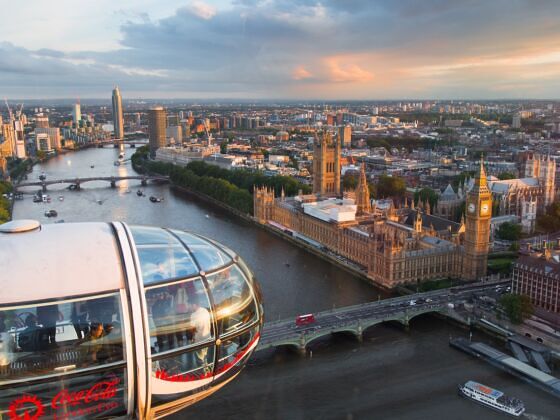UNFORTUNATELY FOR THE budget traveler, Britain is also one of the world’s most expensive destinations.
The cost of living is considered unreasonably high by many of the British themselves, and when you factor in the exchange rate as well – sterling easily outweighs most other currencies – things can get pricey.
